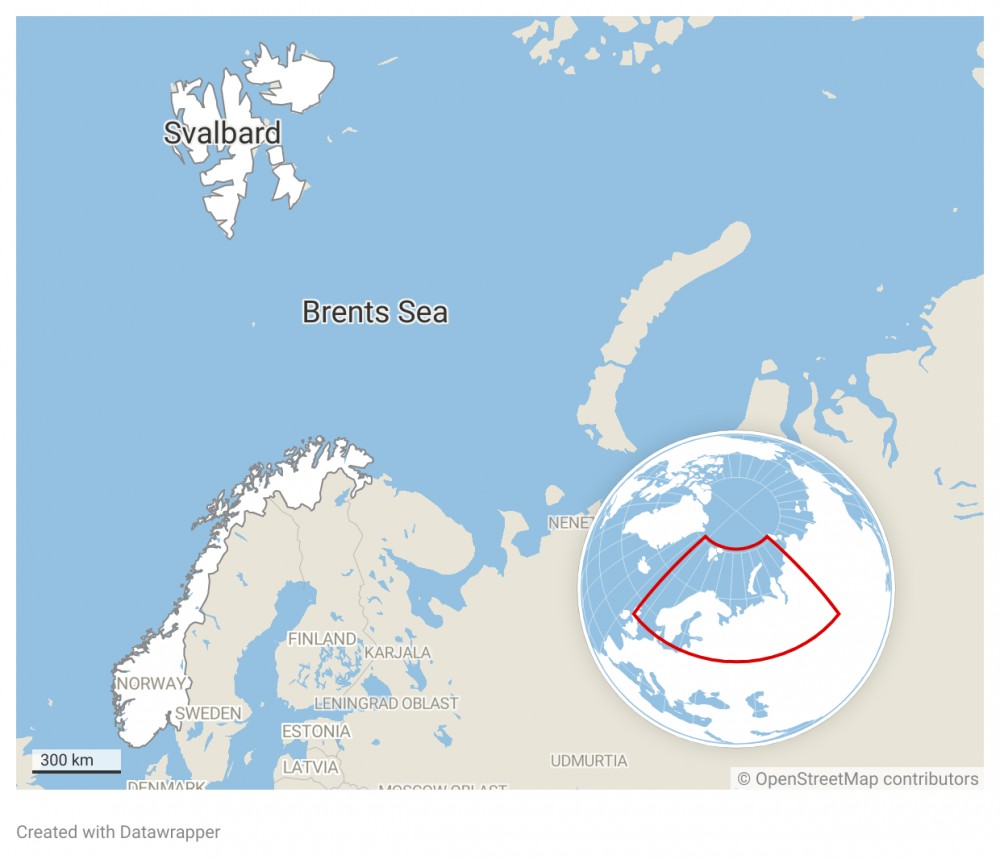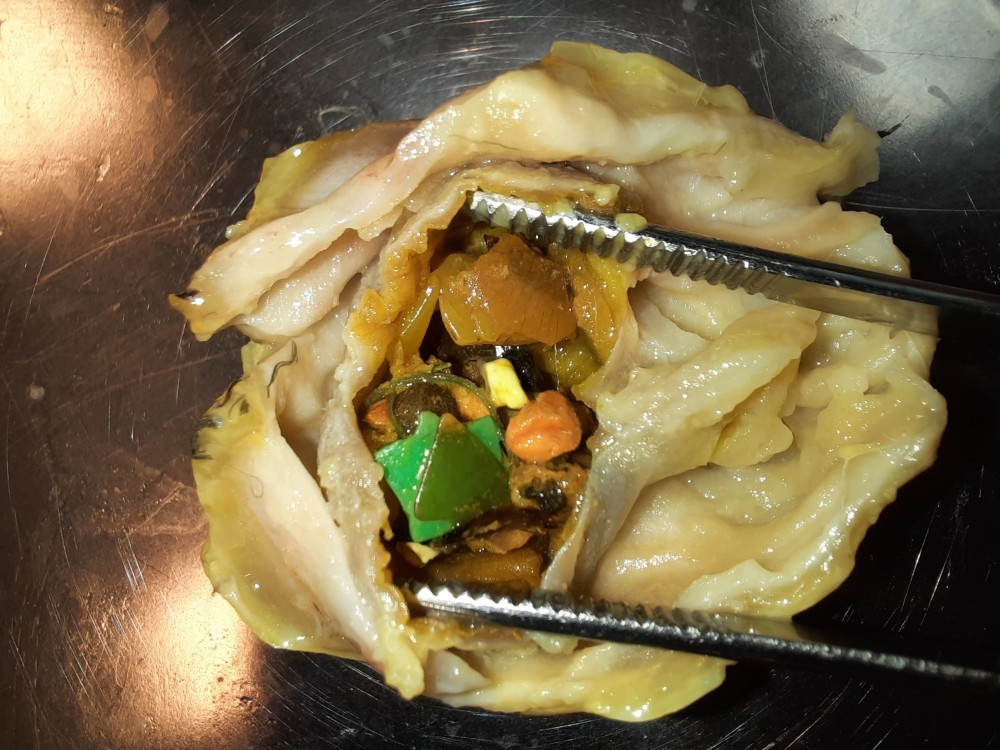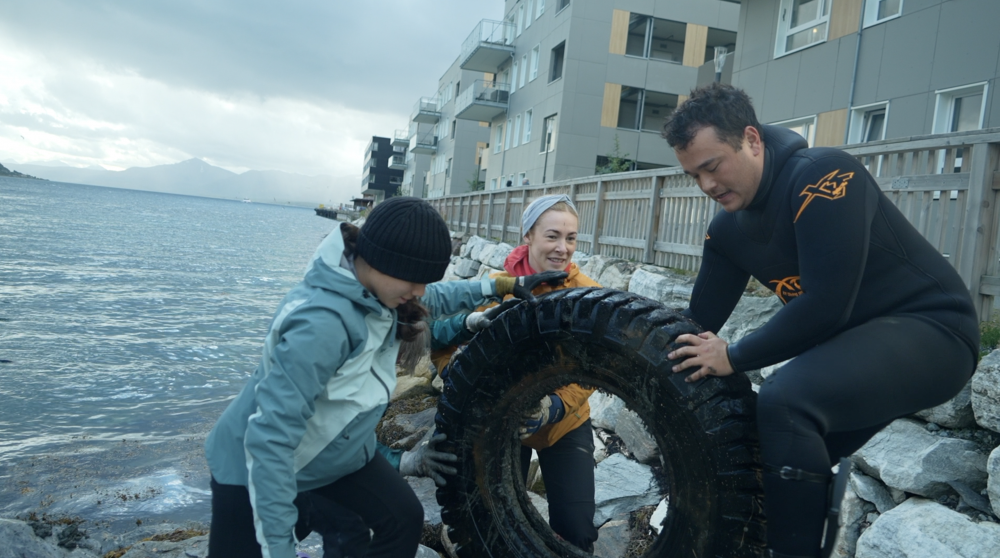Plastic waste has increased in the Barents Sea, study shows
The majority of sea birds have microplastics in their stomachs, scientists report.
There is an increasing amount of littering and microplastics throughout the Barents Sea, a new study conducted by the Norwegian Institute of Marine Research and the Norwegian Polar Institute concludes.

According to scientists, one of the main sources of pollution is the fishing industry, as the Norwegian news website iTromso.no highlights.
Loss of gear during fishing and pieces of rope litter the environment more and more every year. Studies show that the proportion of seahorses with plastic in their stomachs has risen from 29 to 95 percent in the last 40 years and that the seahorse feeds its young with plastic. The majority of the seabirds have also got microplastic in their stomachs:
“Ocean currents, moving sea ice, air, rivers, and various living organisms transport marine litter and microplastics to the Barents Sea. We also know that invertebrates and bacteria attach to marine litter and float over long distances. In this way, littering also contributes to the spread of potentially foreign species to the area”, the marine researcher Bjørn Einar Grøsvik from the Institute of Marine Research is quoted as saying on the Norwegian Institute of Marine Research website.

Experts point out that it’s not just marine life that suffers from man-made waste. In the Svalbard archipelago, for example, reindeer have become entangled in fishing gear that has washed up on shore.
In this context, measures to reduce plastic waste from the fishing industry need to be introduced as soon as possible:

“Producer responsibility arrangements for fishing equipment and improvements to waste systems in ports are absolutely essential. The industry itself is also making an effort to reduce the plastic footprint on the oceans they live on”, – Gram Andersen in the Norwegian Environment Agency is quoted as saying.
Located in Kirkenes, Norway, just a few kilometres from the borders to Russia and Finland, the Barents Observer is dedicated to cross-border journalism in Scandinavia, Russia and the wider Arctic.
As a non-profit stock company that is fully owned by its reporters, its editorial decisions are free of regional, national or private-sector influence. It has been a partner to ABJ and its predecessors since 2016.
